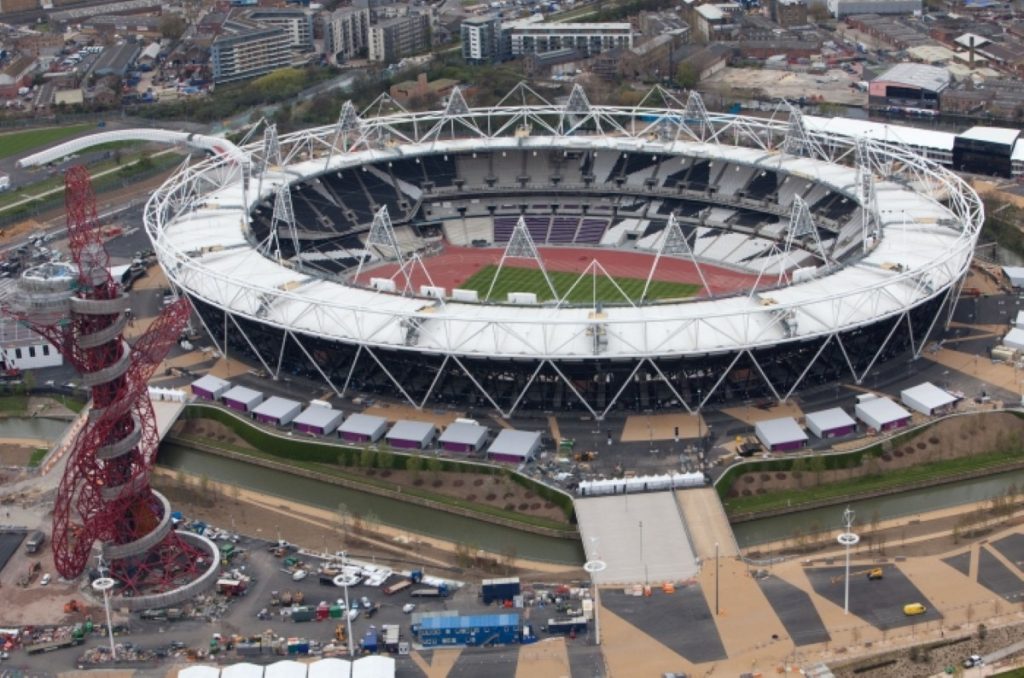The north was the real loser of the Olympics
The 2012 Olympic and Paralympic games failed to deliver a meaningful legacy outside of London, a new parliamentary investigation has found.
Economic benefits were concentrated in the south, with the north east benefiting by just seven extra jobs for the billions of pounds invested.
While London is judged to have received over a billion pounds in economic benefits from the games, the North east received just £19 million and the east Midlands received just £3.8 million, according to the House of Lords Olympic and Paralympic legacy committee.
And while 15,000 extra jobs were created in the capital, just 52 were created in the east Midlands and seven in the north east.


The Games also failed to significantly boost sports participation.
While the committee found a long-term increase of around one per cent in sports participation across the UK since 2005, they expressed "disappointment" that participation had now dipped back to pre-games levels.
"The evidence does not support a surge in participation in the immediate wake of the Games across the population as a whole," they found.
They suggested that some of the drop-off may have been due to "exceptionally cold weather" earlier this year.
The committee added that while some sports such as cycling had seen a recent boost, it was "hard to say that the growth in participation is solely or even largely down to the Games".
The Games also failed to create a significant tourism legacy across the UK. According to the committee's findings overseas visits rose by just one per cent in 2012 with a majority of the rise concentrated in the capital.
However, while visitor numbers had not seen a significant boost, the committee did find that the amount spent by visitors had increased by around four per cent.
Tourism chiefs admitted that more needed to be done to boost tourism outside of London, but said that any boost was welcome, wherever it came.
"As to the benefit, if it is a visitor to London or a visitor to Paris, I would rather have the visitor to London," Patricia Yates of Visit Britain told the committee.












